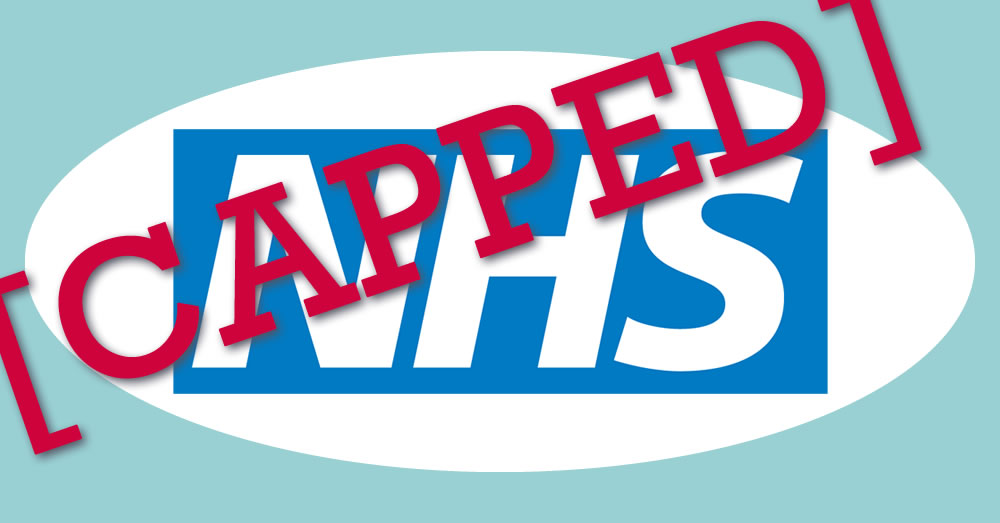- Philippa McIntosh
- July 01st, 2015
Following a clampdown by Health Secretary Jeremy Hunt on “extortionate” agency fees, the NHS and associated bodies are now facing a new challenge to identify sustainable and cost effective ways to meet their staffing shortfalls.
The new rules will cap the hourly rate the NHS can pay for agency doctors and nurses, ban the use of agencies that are not on approved frameworks, cap total agency spend for each NHS trust in financial difficulty and require approval for consultancy contracts over £50,000.
Agency fees are an easy target. In the past three years agency spend has increased from £1.8billion to £3.3billion to counter historic under-staffing. However, the NHS has been asked to find £22billion in efficiency gains by 2020 to support new funding of £8billion announced by the Chancellor.
Looking internally
The announcement suggested that hospitals are increasingly hiring management consultancy by default instead of looking at the skills they already have within their existing staff. This same issue is true for project management and process efficiency roles; often the NHS looks outside of its workforce to consultants in order to provide the expertise it needs.
However, a long-term solution, and one the NHS and associated bodies will certainly need to consider now, is to train those already on the workforce in the skills needed to manage projects and improve efficiency.
By looking at up-skilling staff, rather than recruiting externally and at high cost, the NHS will be able to reduce its dependency on agencies and also improve internal morale. Employees, regardless of whether they work in the public sector or for a private organisation, are always more willing to make changes when the recommendations come from someone who knows first-hand what it is like to work there.
Business Improvement initiatives have been shown to improve staff morale, something that is unfortunately lacking in the NHS at the moment. Training boosts engagement in a number of ways; it provides staff with a better understanding of why their role is so crucial to the organisation as a whole, it gives them a qualification that will help them progress in their career within the NHS and, crucially, staff on the front-line are often most acutely aware of where improvements are most urgent. By getting the training and skills to eradicate those problem areas, motivation and morale increases as the working environment becomes easier.
Reaping the rewards
However, one of the key benefits of equipping staff with Business Improvement training over any other type of training is that it delivers immediate returns to the business – in this case the NHS. Typical delegates from 100% Effective will deliver tangible cash benefits to the business of more than five times the cost of their training after just one improvement project.
And crucially, this return is not at the expense of staff. Business Improvement is not about finding an excuse for a run of redundancies, it is a genuine move to make the organisation more efficient: To give it the tools to deliver more from less.
Ring-fencing jobs, while investing in staff training, is going to be an obvious boost for NHS employees who have found themselves the focus of Government austerity drives for the past five years. The next boost will come from the satisfaction of knowing that each improvement project is saving money that could be spent on medication, healthcare workers or life-saving equipment. As a member of NHS staff if you, with your team, save a department £250,000 in efficiency measures that could pay the salaries of ten nurses. It’s a powerful motivator.
Thinking long-term
But it’s not just the short term efficiency benefits that should appeal to NHS trusts. A Business Improvement implementation can have vast long-term benefits for organisations. When implemented effectively, Business Improvement has the power to make functions, departments and organisations more innovative, more flexible and significantly more efficient. Businesses with a history of continuous improvement are regularly less wasteful and more successful than their less efficiency-focused counterparts.
Organisations in the private sector have been implementing and relying on Business Improvement to increase efficiency, productivity and profitability since the mid-1990s. This is one area where the public sector could certainly benefit from taking a lesson from the private sector.
If you’d like to speak to someone about how we could help you improve efficiency and productivity now, get in touch on freephone 0800 066 3749


